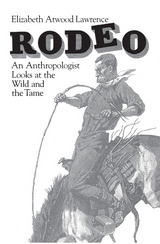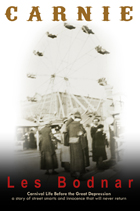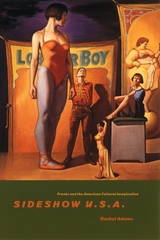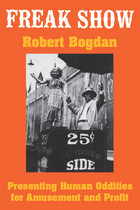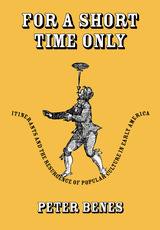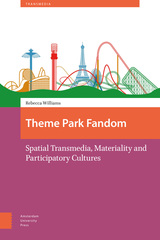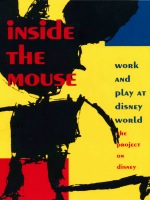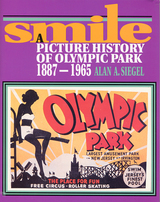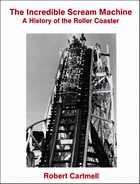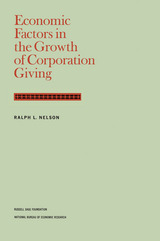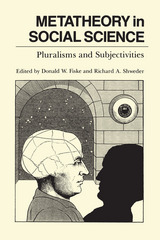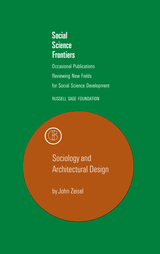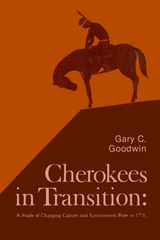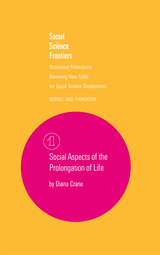Riding the Black Ship: Japan and Tokyo Disneyland
Harvard University Press, 1999
Paper: 978-0-674-76894-9 | Cloth: 978-0-674-76893-2
Library of Congress Classification GV1853.4.J32T657 1999
Dewey Decimal Classification 791.06852135
Paper: 978-0-674-76894-9 | Cloth: 978-0-674-76893-2
Library of Congress Classification GV1853.4.J32T657 1999
Dewey Decimal Classification 791.06852135
ABOUT THIS BOOK | REVIEWS
ABOUT THIS BOOK
In 1997, over 17 million people visited Tokyo Disneyland, making it the most popular of the many theme parks in Japan. Since it opened in 1983, Tokyo Disneyland has been analyzed mainly as an example of the globalization of the American leisure industry and its organizational culture, particularly the “company manual.” By looking at how Tokyo Disneyland is experienced by employees, management, and visitors, Aviad Raz produces not only a cultural reading of the onstage show but also an ethnographic analysis of its production by those who work there and its reception by its customers. Previous studies have seen Disneyland as a “black ship”—an exported, hegemonic model of American leisure and pop culture—that “conquered” Japan. By concentrating on the Japanese point of view, Raz shows that it is much more an example of successful domestication and that it has succeeded precisely because it has become Japanese even while marketing itself as foreign. Rather than being an agent of Americanization, Tokyo Disneyland is a simulated “America” showcased by and for the Japanese.
See other books on: American influences | Amusement parks | Popular culture | Raz, Aviad E. | Riding
See other titles from Harvard University Press

